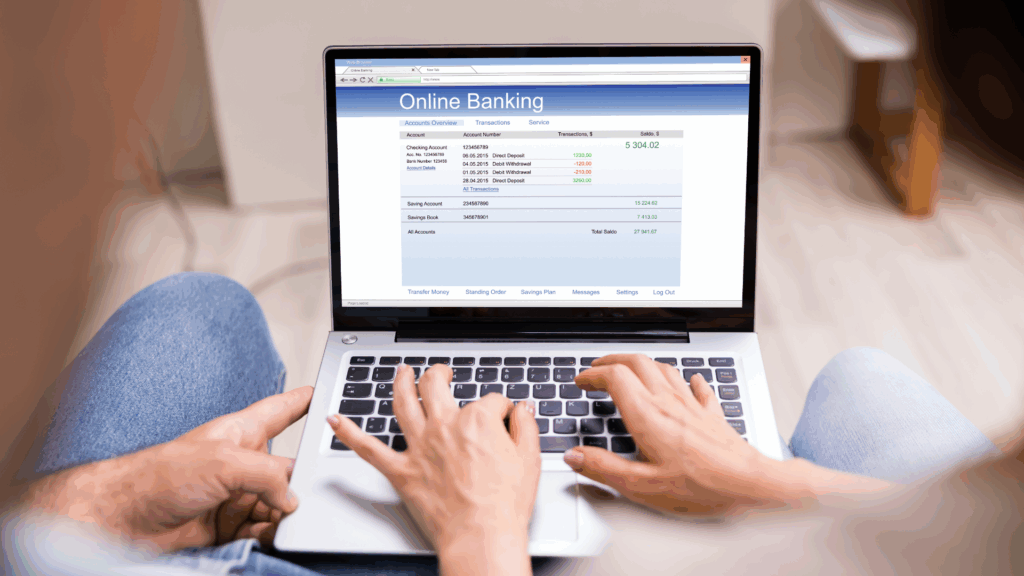Most small businesses, sole proprietorships, and freelancers are born in personal bank accounts. At first, work and money come in little irregular bunches. Then, as your work gains recognition, they start to trickle in more frequently. And once you gain a proper foothold in the market, they begin to flow in continuously. While handling these business transactions through your personal bank accounts is easier and more affordable initially, things become complicated as the volume of work and transactions increases over time. It’s probably time for you to set up a separate bank account for your business finances.
7 Reasons Why Your Small Business Needs a Separate Bank Account
Though bringing in a change may feel like unnecessarily introducing a complication, over time, switching over to a business account proves to be a sensible thing to do. Here’s why.
Ease of Bookkeeping
The most obvious and time-saving advantage of having a separate bank account for your professional needs is that it makes bookkeeping easier, faster, and convenient. When your personal and business accounts are the same, it eventually becomes a problem to reconcile the books of accounts, especially during the tax season.
Better Cash Flow Management
Mixing personal and business bank accounts makes it hard to track your business’s cash flow. How much money is coming in monthly? Have all your receivables come in on time? Is there any money lying idle in your account, or do you need to inject some cash into it for smooth cash flow? All such problems can be easily catered to when your business cash flow is visible in its own, exclusive bank account.
Improved Audit and Tax Efficiency
Tax season is stressful enough, but having to separate your professional expenses from your personal ones at the end of a financial year for tax purposes is a bigger headache. Imagine having to go through every single transaction, trying to figure out if it was a personal or a business expense, and then searching for supporting bills or receipts! Not only does this create confusion and lead to errors, but it could invite an audit from the Canada Revenue Agency. At the same time, not having this clarity could also prevent you from taking advantage of any tax benefits or deductions you might be eligible for. Apart from the tax angle, certain businesses are required by law to have a separate bank account. Even from a regulatory compliance perspective, having a separate business account is preferable.
Professional Brand Image
Setting up your own business is not just about the numbers in your books of accounts, but also your credibility and brand image as a professional. Having a bank account in the name of your business portrays a professional attitude and builds brand recognition right from the early stages of your business journey. It also helps build business credit scores, which in turn helps raise money for growth or expansion in the future. Investors and banks are more comfortable transferring money into a business account than into a personal account.
Better Banking Benefits
Banks also offer a host of benefits to dedicated business accounts, which help make your business numbers more straightforward to manage – something your personal bank account does not. You can utilize mobile or online banking services to meet your business needs. Some banks even offer special software for invoicing, expense tracking, and other bookkeeping requirements. Most importantly, you can get an exclusive business credit card, ensuring your personal credit card is not overburdened with work costs and doesn’t cause any taxation problems either.
Improved Financial Planning
The clarity and exclusivity that the above factors lend to your business account play a bigger role in improving business financial planning. When your professional costs and receivables are duly recorded, your business expenses are properly tracked, and any bank or tax benefits are duly availed, you get a clearer idea of where your business finances stand and what needs to be done to help them improve. Based on what your business bank account reflects about your financial health, you can make informed decisions on better investment options, expansion strategies, marketing budgets, and overall business growth.
Reduction of Personal Risk
Separating personal and business bank accounts helps keep your personal assets separate from business liabilities. Separate accounts ensure that you do not drain all your life savings on business. In case of any unforeseen event, business liability will be borne by the company and not your personal savings.
Separating your professional account from your personal account might seem expensive at first. However, this will turn out to be a smart move in the future, considering your business goals.
Contact MW&CO Chartered Professional Accountants in Woodstock to Help You Set Up Your Business Finances
Separating business and personal bank accounts is a step in the right direction for better bookkeeping and financial planning. The next step is to seek professional help and keep your books up-to-date. You don’t need to hire a full-time accountant if your business is still small. Instead, you can outsource accounting services to help you stay tax compliant, keep books and accounts organized, and seek help on optimizing finances. At MW&CO, our accountants and bookkeepers provide services such as tax filing, preparing books of accounts, and setting up cash flow processes. To learn more about how MW&CO can provide you with the best accounting and bookkeeping expertise, contact us online or by telephone at 519-539-6109 or toll-free at 1-877-539-6109.
